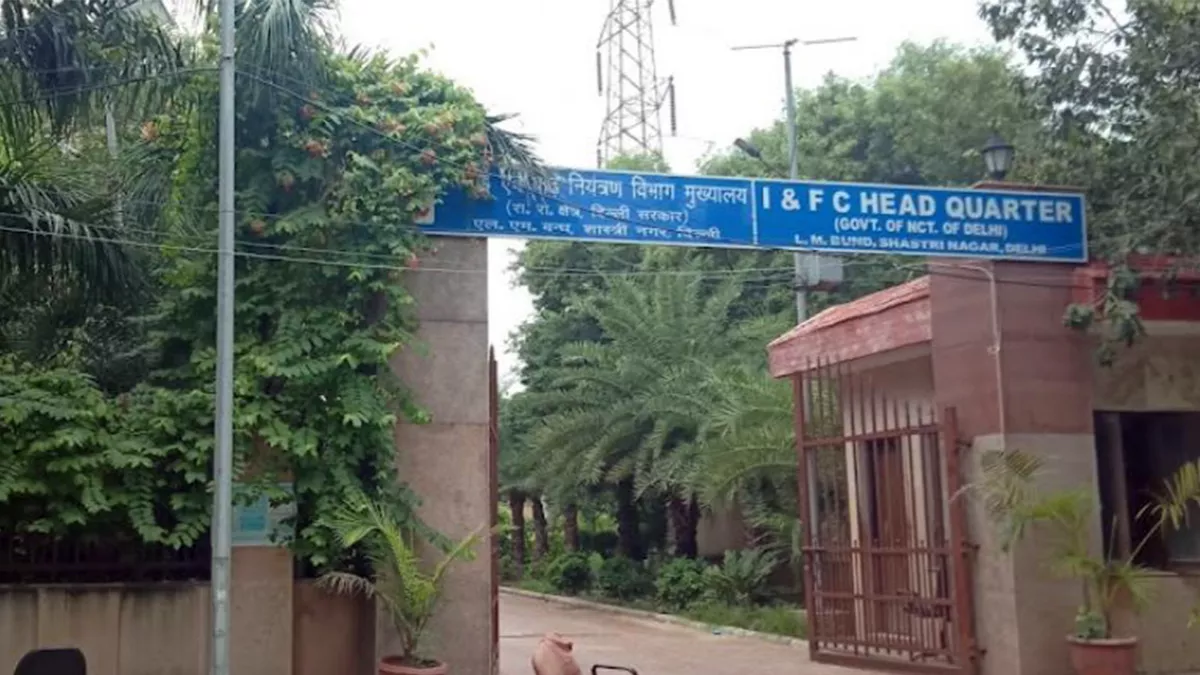In a significant action against government corruption, Delhi’s Anti-Corruption Branch (ACB) has arrested a senior engineer from the city’s Irrigation and Flood Control Department along with a contractor, accused of defrauding the government of ₹4.6 crore through fake development works. The case has triggered alarm within administrative circles and raised fresh concerns over accountability in public infrastructure projects.
How the Scam Was Carried Out
According to the ACB’s investigation, the engineer and contractor colluded to create fictitious records of development works — claiming expenses for projects that were either never completed or never existed at all. Project files were forged, bills were raised for fake site work, and funds were transferred under the guise of official expenses.
Preliminary findings indicate that this fraud spanned several months, with forged documents and false measurements prepared to secure payments from the government treasury. Officials believe this was a deliberate and carefully planned operation, aimed at siphoning off taxpayers’ money through manipulation of public works accounts.
The Arrest and Immediate Fallout
The scam came to light after irregularities were flagged during an internal audit of development projects under the Irrigation and Flood Control Department. Following a tip-off, the ACB initiated a formal inquiry and found glaring discrepancies in records versus actual on-ground conditions.
On confirming the fraud, both the engineer and the contractor were arrested. The Delhi government has since suspended the implicated officer and ordered an internal probe to determine if other officials or contractors might be involved in similar practices.
Larger Concerns Over Oversight and Public Funds
This case has reignited debate over the effectiveness of monitoring mechanisms within Delhi’s public works and infrastructure departments. Experts point out that scams like these are often enabled by weak field verification, lack of independent audits, and excessive reliance on paperwork over physical inspections.
Activists and opposition leaders have demanded tighter financial controls, digital tracking of public works, and mandatory third-party verification to curb such frauds. The Delhi government, in response, has announced plans for an internal review of all ongoing irrigation and flood control projects.
Wake-up Call for Transparency
The ₹4.6 crore irrigation fraud is the latest in a series of financial irregularities uncovered in public development projects across India. It highlights the urgent need for robust oversight systems, especially in departments managing essential infrastructure.
Transparency campaigners argue that unless rigorous field audits and digital documentation tools are implemented, such scams will continue to drain public resources meant for critical civic projects. Authorities have promised swift corrective action and strict punishment for those found guilty.


